Pharmac Needs a Culturally Responsive Healthcare System
Pharmac Needs a Culturally Responsive Healthcare System
As someone with whakapapa links to Te Awa Tupua (the Whanganui River), the proposed Fast Track Approval Bill has me watching developments closely. The Bill promises to speed up approvals for projects and resource consents but at what cost to Iwi?
Recent changes to the Bill have shifted decision-making power from a trio of ministers to an expert panel, addressing some concerns about the concentration of authority. However, this adjustment raises further questions about how projects will be evaluated and whether environmental and cultural impacts will be sufficiently considered.
Concerns About Consultation and Environmental Oversight
Fast-tracking has always been controversial due to the potential bypassing of proper public and iwi consultation. With this change, expert panels—while required to include environmental and sometimes iwi expertise—are now tasked with making decisions that could still override important environmental legislation, raising concerns about whether the process will truly respect cultural and ecological values.
Te Rūnanga o Ngāi Tahu says it must strike the right balance between progress and preservation. Ngāi Tahu Kaiwhakahaere Justin Tipa says the coalition government must uphold Treaty settlements, protect the natural environment, and recognise and protect iwi rights and interests.
Environmental advocates continue to express unease, particularly as some significant projects, including mining, are being considered under the fast-track process. While housing and infrastructure projects make up the bulk of the proposed initiatives, the inclusion of projects with potential environmental consequences for areas of significance to Māori, such as rivers and sacred lands, remains a contentious issue.
What Should We Be Watching?
Here's what I'd like to see addressed as we continue to follow the Bill's progress:
Will all claims be eligible, or will there be categories? Understanding which claims can be fast-tracked helps Iwi plan accordingly.
What level of consultation will still be required? Open communication with our people and the wider community remains essential. Although some consultation requirements will stay, fast-tracking could reduce the depth of engagement Iwi have come to rely on.
How will the Bill assess potential environmental and cultural impacts? Fast-tracking shouldn't come at the cost of our environment or cultural heritage. Māori knowledge and values (Mātauranga Māori) should be integrated into the assessment process to ensure that development does not come at too high a cost.
The Ongoing Debate
While the Government's retreat from concentrating ministerial power is a positive step, the Bill still leaves open the possibility of prioritising economic development over environmental and cultural safeguards. This ongoing debate illustrates the need for vigilance as Iwi and other stakeholders ensure that Treaty obligations, environmental sustainability, and community voice are not side-lined in the rush for development.
The Fast Track Approval Bill has the potential to benefit our communities, but the devil remains in the details. By following how the Bill interacts with existing legislation—particularly our local Settlement Acts—we can ensure it delivers progress while respecting our Treaty rights and protecting our environment.
The Culture and Design Lab empowers workplace leaders to create social cohesion at work. We use indigenous knowledge, design, and strategy to foster inclusion and belonging in the workplace.
